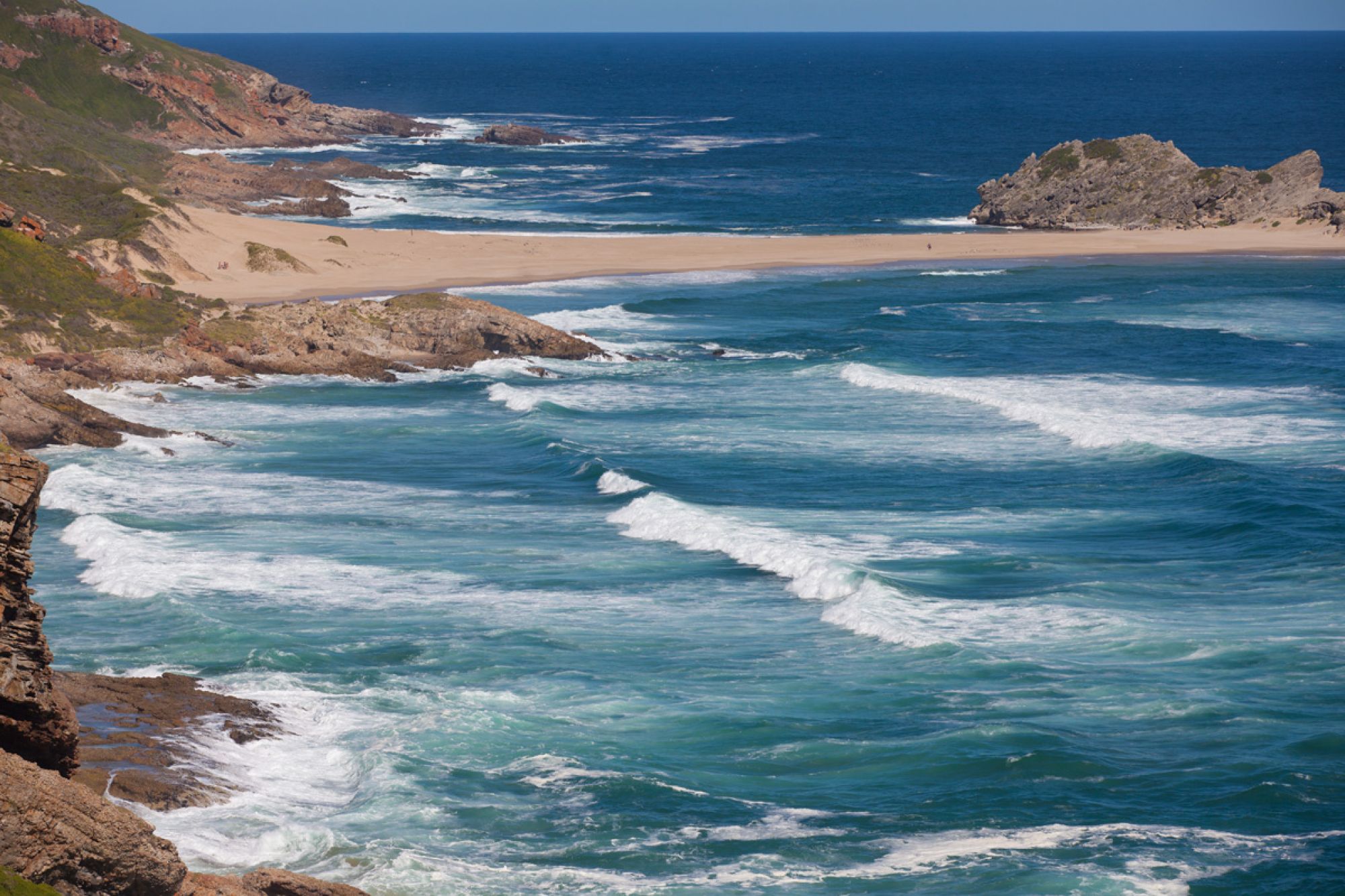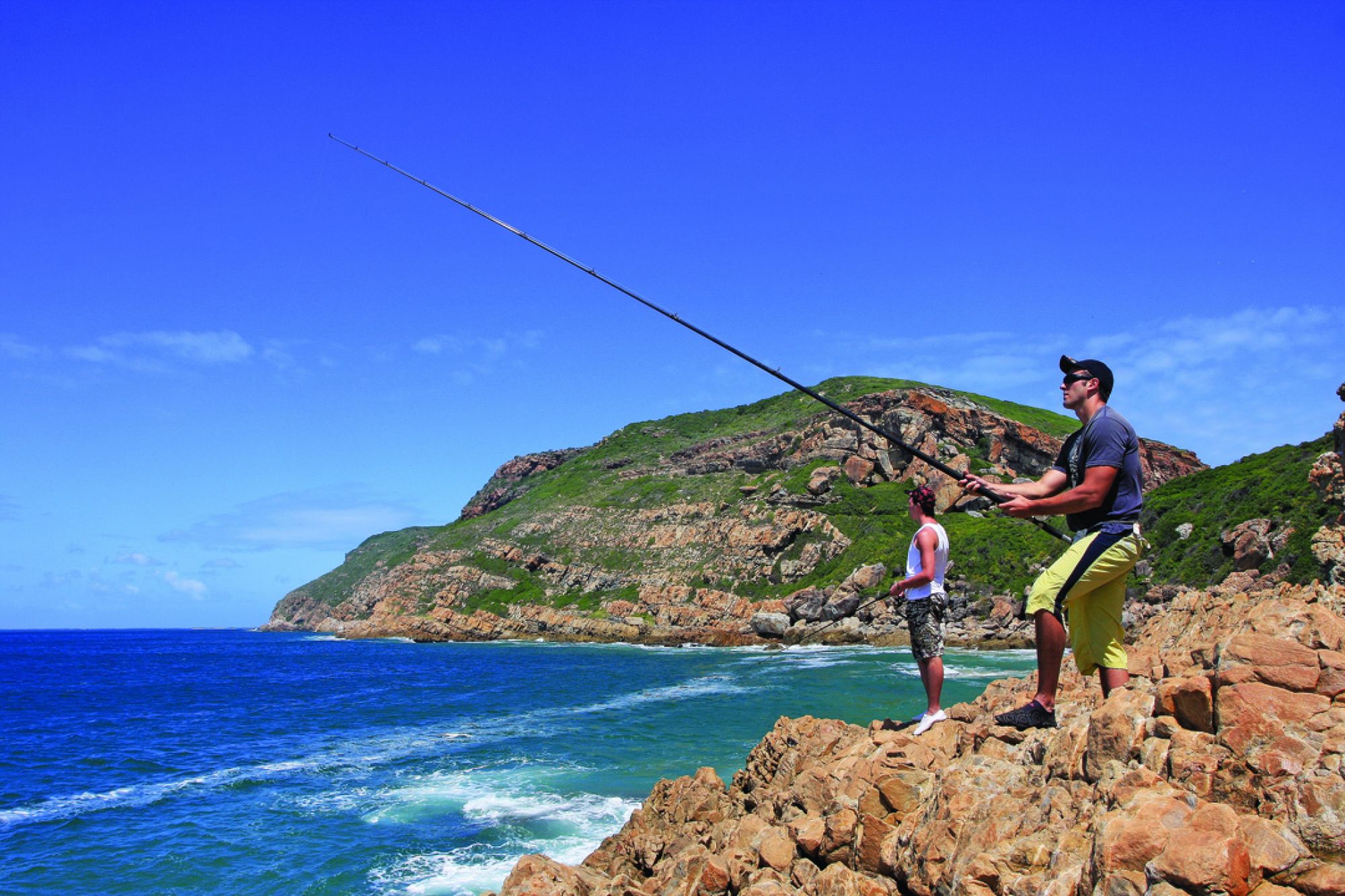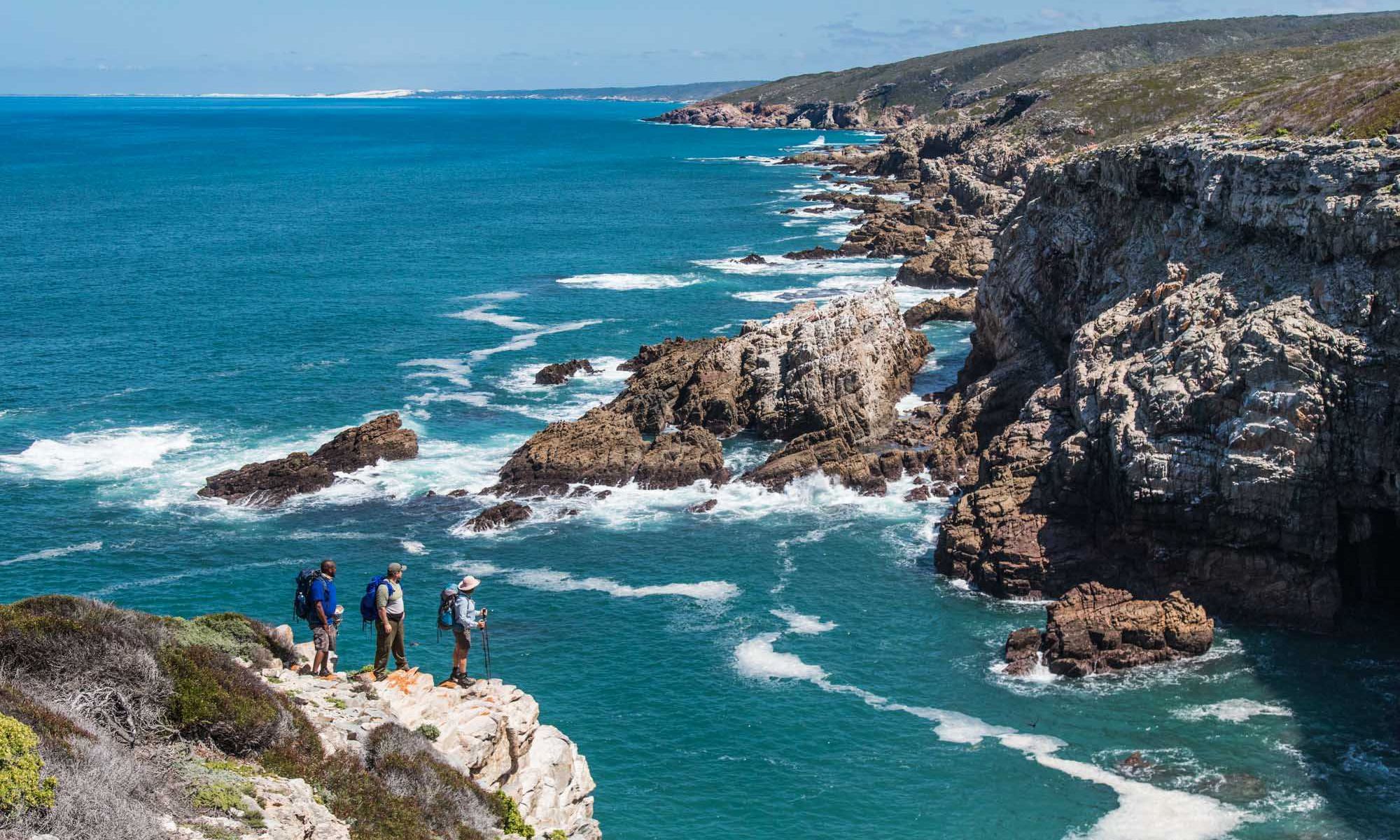
Responsible fishing encouraged this World Fisheries Day
World Fisheries Day is an Environmental Calendar Day celebrated every year on the 21st of November to highlight the importance of a sustainable means to maintain fish stocks. It highlights the critical importance of fish and the role it plays in job creation and economic impact.
Fishing is central to the livelihoods and food security of over 200 million people worldwide. This is especially so in the developing world. One of five people on this planet depends on fish as their primary source of protein. Looking closer to home, the fishing industry provides approximately 5 000 jobs in the Western Cape.
It is therefore vital that we conserve fish stocks as a primary resource. Currently less than two percent of the world’s oceans are protected. This makes the six Marine Protected Areas (MPAs) that are managed by CapeNature on behalf of the Department of Environment, Forestry and Fisheries even more significant. These MPAs, i.e. Robberg, Goukamma, Stilbaai, De Hoop, Betty’s Bay and Rocherpan, aim to conserve marine life and promote the conservation and effective management of biodiverse marine areas.

Not only do MPAs conserve marine life and promote conservation, but it is also popular tourist destinations with angling as one of the favourite on the list of things to do. Recreational fishing is an extremely popular past time in the Western Cape, and it is therefore important that recreational fishermen also play their part to ensure that fish stocks are conserved and that they fish in a responsible manner. Fishing using rod and line is permitted in several of CapeNature’s reserves and the public are encouraged to always first check with the reserve if fishing is allowed and if so, ensure that they have the required permit. Anglers require recreational fishing licences to fish in public waters (sea, estuary, river). For inland waters a CapeNature angling permit is required, whereas a marine angling licence is needed to fish estuaries and the sea.

Being a responsible fisher also includes adherence to the rules and regulations that guide the type of fish caught. Catch and release is required for indigenous freshwater fishes. There is generally no bag or size limits for most alien fish species, but in some rivers, there are restrictions imposed by angling clubs. Information on bag limits and fish sizes can be obtained by visiting the Department of Environment, Forestry and Fisheries website. Wherever you fish, know the relevant rules and regulations and have your permit on hand.
Fishermen aside, there is still a variety of ways in which the general public can help conserve fish stocks. Making more sustainable seafood choices is an easy way for everyone. When we choose to eat fish that are not under threat, the demand for species that are under threat becomes less. Another way in which the public can play their part is by reducing waste and litter or taking part in a beach clean ups. This will help minimise pollution, ensuring the overall health of our ecosystems including our fish stocks.
CapeNature would like to urge the public to play their part in the protection of our fish stocks and overall health of our fisheries.
Related News
How can I assist you today?
How can I assist you today?



